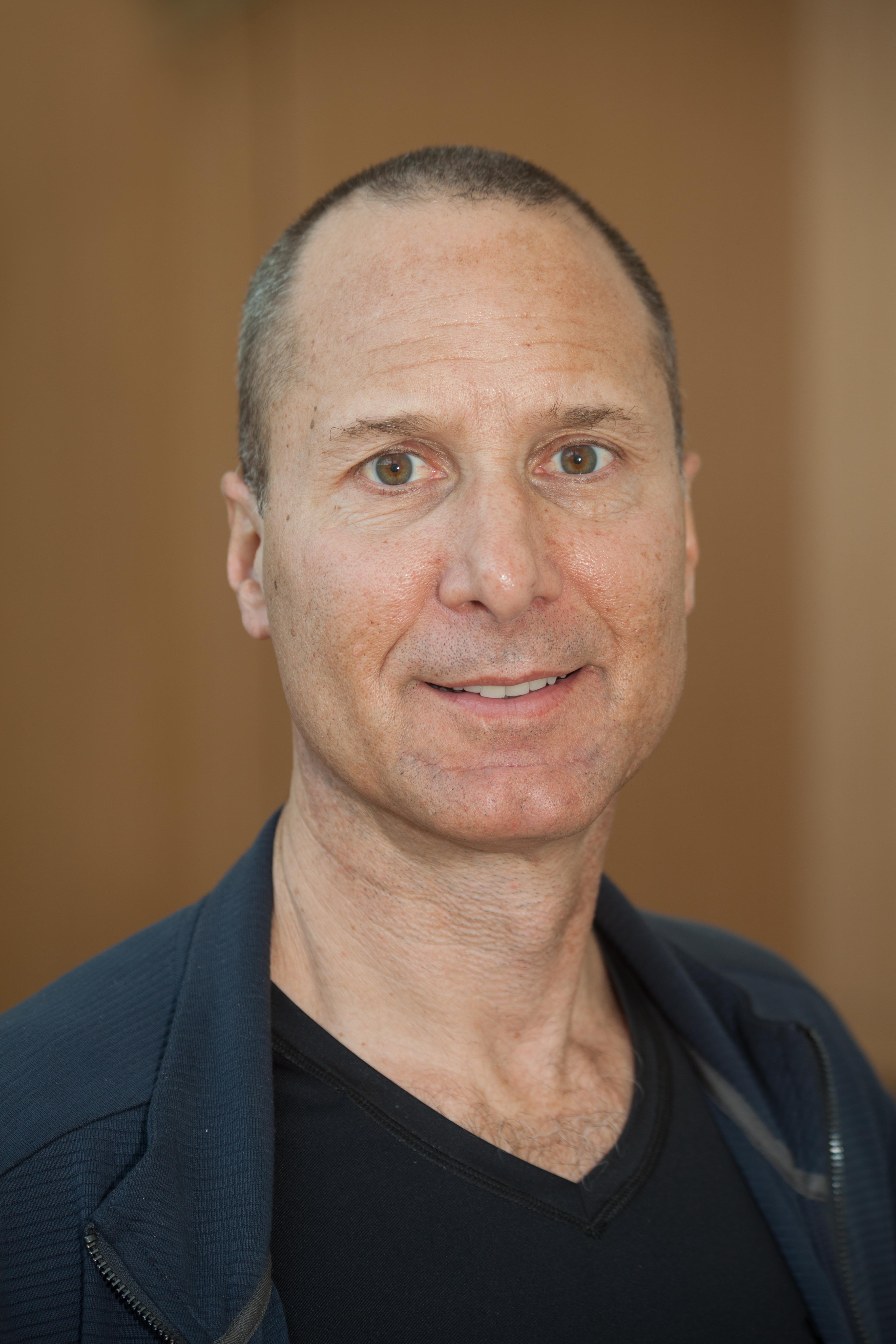HD Explorer, August 19th, 2015
The Health Data Exploration Project’s regular scan through the news.
HDE Network Member Katherine Kim receives a CITRIS Grant
Social-mobile platform for optimizing health services for complex chronic care management
Principal Investigators: Katherine Kim (UC Davis) and Bjoern Hartmann (UC Berkeley)
This project will develop a working prototype of a social-mobile platform for care coordination for complex health conditions that can incorporate clinical- and patient-generated data, share data with electronic health records (EHRs), enable communication and collaboration between patients and care teams, and incorporate privacy preservation features.
Personalized Health Technology
Ethical, Legal and Social Implications (ELSI) of Personalized Health Technology
Personalized health technology – wearable tracking devices, embeddable sensors, and diagnostic testing – enables self-quantification and modification of health behaviors. It has potential to minimize the prevalence of chronic diseases by targeting leading risk factors.
These include physical inactivity, unhealthy diet, and medication non-adherence. Many individuals do not reap the benefits of personalized health technology because of poor design or unaffordability. Data from this technology can further invade individual privacy and confidentiality. Facilitating sustained uptake and acceptability of personalized health technology requires a framework that evaluates its ethical, legal, and social implications. Read more…
Rumi Chunara’s HDE Agile Project “Keeping Pace” featured by Boston Globe
Use RunKeeper? Now you can donate your exercise data to science
Activity trackers are indicators of their users’ fitness levels, but they could also flag aspects of city design that promote better health.
New York University researchers are inviting fitness enthusiasts to share their digital fitness logs with them, in a bid to reveal how exercise habits among city dwellers vary with seasons, and from weekdays to weekends, and if structures like public parks or running routes help establish a routine.
“Basically we are looking at how environment relates to how you exercise over time,” said Rumi Chunara, associate professor at NYU, who leads the study that began accepting participants today. Read more…
Quantified Self Labs have also produced an overview of the Keeping Pace study, as well as an interview with PI Rumi Chunara. Read more…
Lisa Gualtieri’s RecycleHealth project was featured in the Boston Globe
RecycleHealth wants to donate that Fitbit sitting in your sock drawer
![]() Using a step-tracking device comes with a pretty defined honeymoon phase. Trying to figure out the device’s impact on your health can be exciting, but after a while, the infatuation may fade.
Using a step-tracking device comes with a pretty defined honeymoon phase. Trying to figure out the device’s impact on your health can be exciting, but after a while, the infatuation may fade.
Lisa Gualtieri knows this experience first-hand. After learning that many step-trackers wind up collecting dust, the Tufts University professor and Fitbit user started RecycleHealth, a program to collect idle wearable activity trackers. Read more…
Quantified Self Labs, just published a piece on the call for feedback on using mHealth for the Precision Medicine Cohort
Our Data, Our Health
Thoughts on the Precision Medicine Initiative request for feedback on mHealth
On January 30th, President Obama announced the funding of a possibly groundbreaking research program — The Precision Medicine Initiative (PMI).
Launched with a $215 million investment in the President’s 2016 Budget, the Precision Medicine Initiative will pioneer a new model of patient-powered research that promises to accelerate biomedical discoveries and provide clinicians with new tools, knowledge, and therapies to select which treatments will work best for which patients.
Since the announcement the National Institutes of Health (NIH) have been hard at work convening a working group to build a foundation of rules, standards, and principles upon which they hope will generate meaningful outcomes: improving the health for all Americans by moving towards a more nuanced and individual view of health and wellness. As part of this project, the largest portiont of funding is being dedicated to the “development of a voluntary national research cohort of a million or more volunteers to propel our understanding of health and disease and set the foundation for a new way of doing research through engaged participants and open, responsible data sharing.” Read more…
HDE Member John Bellettiere’s paper examining bouts of accelerometer-measured sedentary behavior in older adults was accepted for publication by PLoS ONE.
John is a second year PhD student studying epidemiology in the Joint Doctoral Program at San Diego State University and the University of California, San Diego. He has been studying sedentary behavior with Dr. Jacqueline Kerr for the last 9 months. This is the first of two papers that they are working on that examine the importance of how sedentary time is accumulated.
The Health Data Exploration Project hosts its Inaugural Webinar on N-of-1 Trials with Dr Nicholas Schork
View our Inaugural Webinar here.
 Classical clinical trials harvest a handful of measurements from thousands of people. Precision medicine requires different ways of testing interventions. Researchers need to probe the myriad factors — genetic and environmental, among others — that promote an individual’s health, their susceptibility to disease, and their response to a particular treatment.
Classical clinical trials harvest a handful of measurements from thousands of people. Precision medicine requires different ways of testing interventions. Researchers need to probe the myriad factors — genetic and environmental, among others — that promote an individual’s health, their susceptibility to disease, and their response to a particular treatment.
Dr. Schork is Professor and Director, Human Biology, at the J. Craig Venter Institute (JCVI), Professor at the Translational Genomics Research Institute (TGen) in Phoenix and an Adjunct Professor at the University of California, San Diego. Prior to his position at the JCVI he was a Professor, Molecular and Experimental Medicine, at The Scripps Research Institute (TSRI) and also Director of Bioinformatics and Biostatistics for the Scripps Translational Science Institute (STSI). Dr. Schork has also held faculty appointments at Case Western Reserve University and Harvard University. He has published over 500 articles in the area of the genetic dissection of complex phenotypes. These articles include both methodological and applied studies. He also has a long history of collaborative and consortium-related research in which he has contributed analysis methodology and applied data analysis expertise. Dr. Schork is currently the Director of the Tanner Project, a study investigating the utility of early cancer detection biomarkers among individuals highly susceptible to cancer and an investigator associated with the Stand Up to Cancer Melanoma Dream Team clinical trial investigating the utility of tumor genomic profiling in making treatment decisions. Read more…
Got a suggestion?
Is there a news item or new research article that you think we should feature in the HD Explorer? Let us know at http://hdexplore.calit2.net/contact/.






